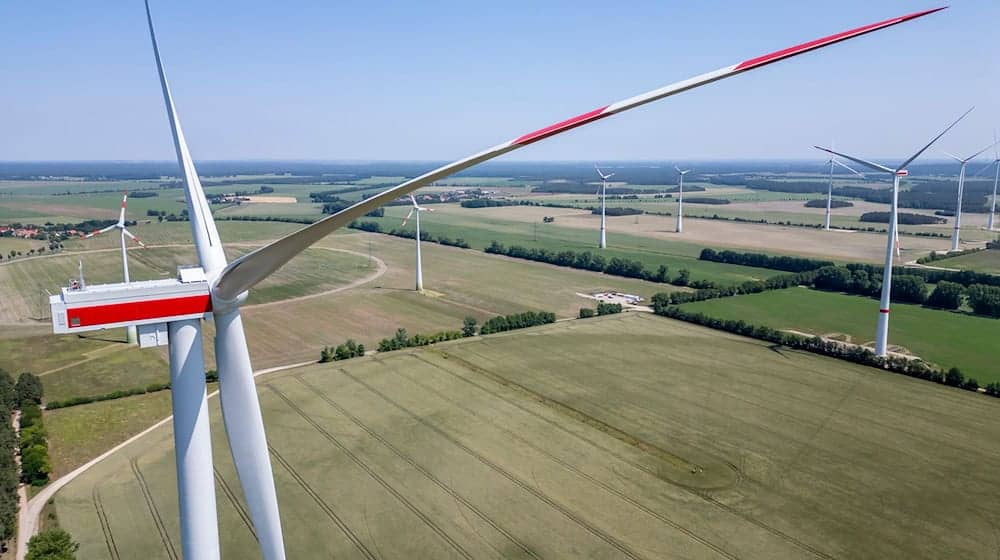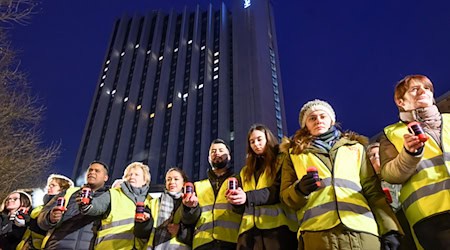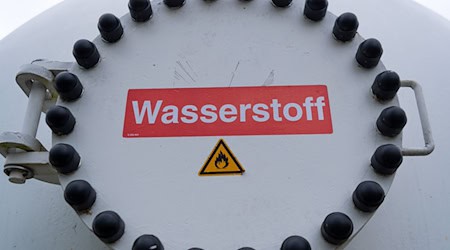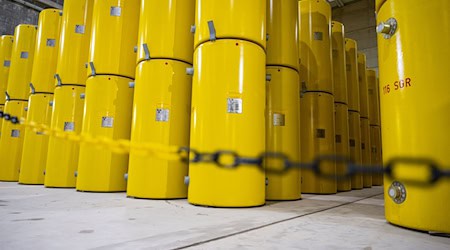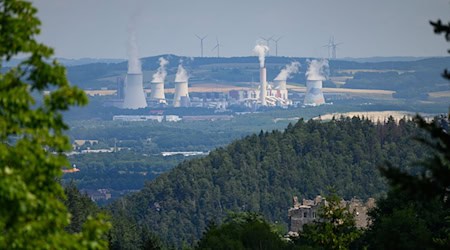The Leipzig Chamber of Industry and Commerce (IHK) has sharply criticized the latest decisions on the expansion of wind power in Saxony. Chief Executive Fabian Magerl warned of negative consequences for investments and the competitiveness of companies: "The industry wants to invest, modernize and become climate-friendly." He made it clear that investments in Saxony could fail to materialize if the expansion of wind turbines, power grids and hydrogen does not progress. Germany has long since ceased to be a pioneer.
Last week, the state parliament decided that affected municipalities would in future receive 0.3 cents per kilowatt hour generated from new wind turbines - previously it was 0.2 cents. It is positive that the levy will actually go to the municipalities, explained the IHK. Direct participation by citizens, on the other hand, would have led to incalculable bureaucratic effort and cost increases.
Chamber calls for business-friendly consensus
The chamber is critical of the decision to reduce the area target for wind energy from the original two percent to the 1.3 percent required by the federal government by 2027. In addition, the Leipzig district council sent a negative signal with its vote in favor of considering a moratorium on new turbines. Instead, more local acceptance is needed, for example through community energy companies, municipal projects or long-term electricity supply contracts with local companies.
"We need a broad social consensus for business-friendly framework conditions," demanded Magerl. Delays in the expansion of renewable energies meant that expensive liquefied natural gas remained in the electricity mix for longer. "This drives up energy costs for companies and consumers," he warned.
Copyright 2025, dpa (www.dpa.de). All rights reserved

